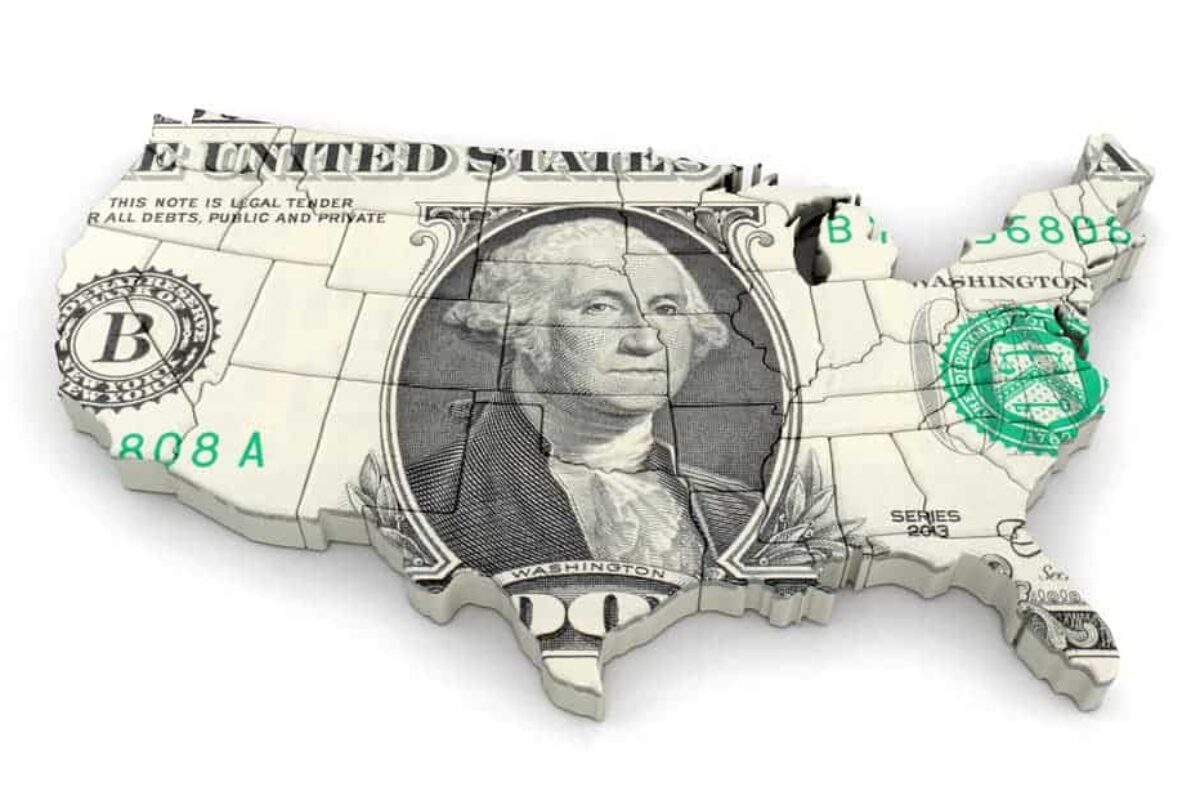BY FOCUS, a Leonine Business
If states are truly “laboratories of democracy” as is often mused, then the state of Kansas has in recent years turned itself into a veritable science project gone wrong through a series of tax policy missteps coupled with a staunch unwillingness to change course. In 2011, the state implemented an income tax overhaul under the direction of Republican Gov. Sam Brownback and with the support of the overwhelmingly Republican state legislature, in hopes of boosting the state economy. As part of the tax package, the state completely eliminated income taxes on small businesses and significantly cut individual income taxes.
At the time, Governor Brownback described the effort as being a “shot of adrenaline into the heart of the Kansas economy” in an editorial to The Wichita Eagle. Things have not turned out exactly that way. Since the overhaul, Kansas has faced major budget shortfalls year over year, had slower growth than its neighboring states and has lost numerous lawsuits that have challenged the state’s level of public education funding, which was drastically cut as a result of the budgetary shortfalls. The state has also seen its bond rating drop as a result of its continued financial woes.
In spite of this cautionary tale, a number of states and the federal government are pushing forward with similar proposals to those which haunt the Sunflower State to this day. Proposals to alter corporate or personal income tax rates have been proposed in Alabama, Arizona, Connecticut, Georgia, Idaho, Illinois, Indiana, Kansas, Maryland, Massachusetts, Michigan, Mississippi, New Hampshire, New Mexico, New York, Oklahoma, Oregon, Rhode Island, Texas and Virginia.
Earlier this year, Michigan took the first steps to become the ninth state to eliminate its income tax alongside Alaska, Florida, Nevada, New Hampshire, South Dakota, Texas, Washington and Wyoming, which all do not levy a personal income tax. According to the Detroit Free Press, the proposal, HB 4001, which would reduce the tax from 4.25 percent to 3.9 percent in 2018, and further reduce it by 0.1 percent each subsequent year, passed the House Tax Policy Committee on a party-line 7-4 vote and is now moving to the House floor for further debate. A similar proposal is pending in the Senate as SB 4, which contains more aggressive cuts than its House counterpart. Republican Gov. Rick Snyder and lawmakers on both-sides of the aisle have criticized the proposal as it would create a $1.1 billion budget hole in the first full year of its implementation.
The federal government is also reportedly moving forward with plans to overhaul the federal tax code, with President Trump stating that his administration and Congressional Republicans will begin to work on the issue in mid-March, according to CNBC. The President’s plan would reduce the top individual rate from 39.6 percent to 33 percent, lower existing thresholds and reduce the total number of brackets from seven to three. It would also cut corporate income tax significantly – from 35 percent to 15 percent. House Republicans have also proposed a similar measure, though one that would cut the corporate rate to 20 percent, NPR reports.
As for Kansas, the still heavily Republican state legislature passed a bill this year, HB 2178, that would begin to repeal 2011’s tax cuts. The bill was subsequently vetoed by Governor Brownback, and returned to the legislature for an override vote. The override passed the House 80-45, but fell three votes short in the Senate, 24-16.


